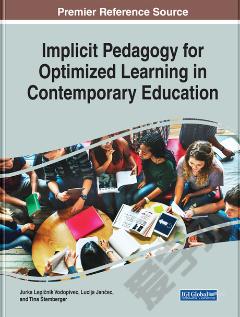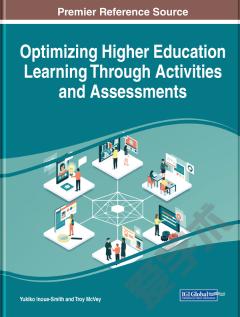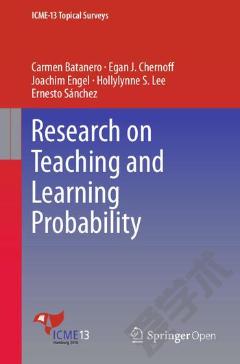Optimizing Teaching and Learning —— Practicing Pedagogical Research
----- 优化教学:实践教学研究
Preface. Acknowledgments. 1. What Is Pedagogical Research?. Multidisciplinary Roots of Pedagogical Research. Examining Definitions of Scholarship. The Other SoTL: Action Research and Teacher Research. Beginnings. Why Is Pedagogical Research Important?. A Teaching Hierarchy. A Caveat. How Can Pedagogical Research Be Useful to You?. 2. Pedagogical Research: Focussing on the Teaching. Assessing Our Teaching Effectiveness. What Can We Learn from the "Best" College Teachers?. Creating your Teaching Philosophy Statement. How Do I teach?. Using Teaching Inventories. Determining Your Teaching Goals. Assessment Tools. Alternative Classroom Assessment Techniques. Teaching Portfolios. Learning to Conduct Pedagogical Research: How to Get Started: Designing Your Pedagogical Research Program. Developing Your Research Ideas and Questions. Focus on Student Learning: Connecting Your Learning Goals, Assessment Choice, and Teaching Technique. Applying the Findings of Your Pedagogical Research: Using General Principles of Learning to Making Changes to Your Teaching Strategies. Sharing Your Findings and Connecting with Others in the Field. Conclusion. Appendix: Examples of Discipline-Specific SoTL Journals. 3. Pedagogical Research: Focussing on Learning. What Do You Want to Find Out?. What Do We Know about How Students Learn?. Student Engagement: If You Engage Them, They Will Learn. How Can You Investigate Your Students' Learning?. How Do Students Study?. Metacognition. Measuring Study Behaviors. Can You Improve Study Skills?. Key Psychological Factors Influencing Learning. Designing Your Research: How Do You Study Your Students' Learning?. Measuring How Performance on Your Assessments Vary. Guidelines for Human Research Participants in SoTL. A Further Note on Ethics. Conclusions. Appendix: Questions on How to Make Cognitive Research Available to Educators. 4. Is It Significant? Basic Statistics. Why Do We Need to Analyze Our Classroom Data?. Qualitative or Quantitative? That Is the Question. Setting the Stage: Important Background for Measurement and Analyses. Two Main Forms of Statistical Analyses: Descriptive Analyses. Watching Your Curves. Inferential Statistics. Software Options. Calculating Descriptive Statistics. Calculating Inferential Statistics. Kicking It Up a Notch: Testing Multiple Factors. Conclusions. 5. Pedagogical Research as Scholarship: Resources for Success. Developing a Center with a Focus on SoTL. Determining Needs on Your Campus. Determining Your Goals: What Is the Purpose of the Center?. Guiding Principles when Creating a New Center. Creating Programming Initiatives to Achieve Your Goals. Mentoring Programs. SoTL and Tenure and Promotion. The Role of Assessment. Sources for SoTL Support or Funding. What Else Is Available through Faculty Development Centers?. Potential Challenges Identified by Those Who Have Come Before You. Appendix: Useful References. References. Index
{{comment.content}}








 京公网安备 11010802027623号
京公网安备 11010802027623号